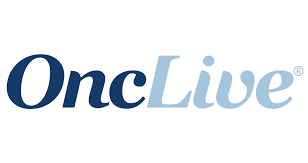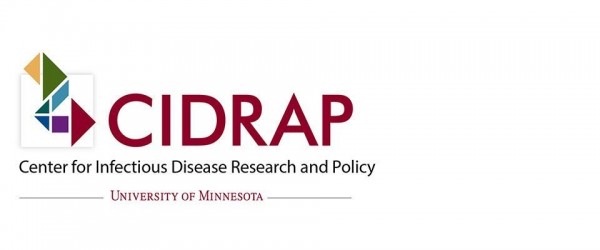
Editor's Note Implementing a multimodal analgesia-based enhanced recovery after surgery (ERAS) protocol significantly reduced both intraoperative opioid administration and postoperative opioid prescriptions in cardiac surgery patients, according to a January 5 report in Anesthesiology News. The findings were presented at the 2024 International Anesthesia Research Society meeting by Montefiore-Einstein Center…
Editor's Note The first study to directly compare kidney-related adverse outcomes between perioperative use of gabapentin and pregabalin shows that the former drug carries a higher risk, Renal and Urology News reported January 21. Published in Frontiers in Medicine, the study involved a trial emulation of 1,280 propensity-matched surgical patients…

Editor's Note The first large-scale, randomized pediatric trial of its kind reveals the potential of treating acute, non-perforated appendicitis in children with antibiotics instead of surgery, Medical Xpress reported January 20. Published in The Lancet, the APPY study involved collaboration among 11 children’s hospitals worldwide to compare the effectiveness of…

Editor's Note Known for managing Type 2 diabetes and promoting weight loss, GLP-1 drugs like Ozempic and Wegovy may also reduce the risks of numerous other conditions, including Alzheimer’s, substance use disorders, and certain cancers, according to an article published in Fortune January 20. Led by the Veterans Affairs St.…

Editor's Note Psilocybin therapy significantly reduces symptoms of depression in frontline clinicians who experienced psychological distress during the COVID-19 pandemic, according to a randomized clinical trial published December 5 in JAMA Network Open. The trial enrolled 30 clinicians, including physicians, advanced practice practitioners (APPs), and nurses, who provided frontline care…
Editor's Note Bariatric surgery programs nationwide have reported a 20-25% decline in surgical volumes over the past year amid the rising use of glucagon-like peptide-1 (GLP-1) medications for obesity, OR Management News reported Dec 2. Although the connection between the decline and the popularity of the drugs cannot be definitively…

Editor's Note Access to GLP-1 medications is improving as manufacturers, insurers, and policymakers address high demand, costs, and coverage challenges, Becker’s Hospital Review reported December 13. As detailed in the article, Eli Lilly’s partnership with telehealth company Ro now allows patients to obtain Zepbound prescriptions online and receive shipments directly…

Editor's Note Perioperative immunotherapy is reshaping treatment strategies for early-stage non-small cell lung cancer (NSCLC) without actionable mutations, according to Dr. Roy S. Herbst of Yale Cancer Center. In a recent interview with OncLive, the oncology expert highlighted the promise of neoadjuvant and adjuvant therapies to improve outcomes for these…

Editor's Note Efforts to reduce the risk of postoperative delirium in older patients should focus on preoperative evaluation, anesthesia choices, and medication management, according to the American Society of Anesthesiologists (ASA). Designed specifically for treating adults aged 65 and older undergoing inpatient surgery, these new, evidence-based recommendations are presented in…

Editor's Note A study analyzing data from 124,577 suspected sepsis cases across 236 US hospitals found that antibiotic de-escalation—switching to narrower-spectrum antibiotics or stopping broad-spectrum antibiotics—occurred in less than 30% of cases but was associated with improved patient outcomes, according to December 6 report from the Center for Infectious Disease…